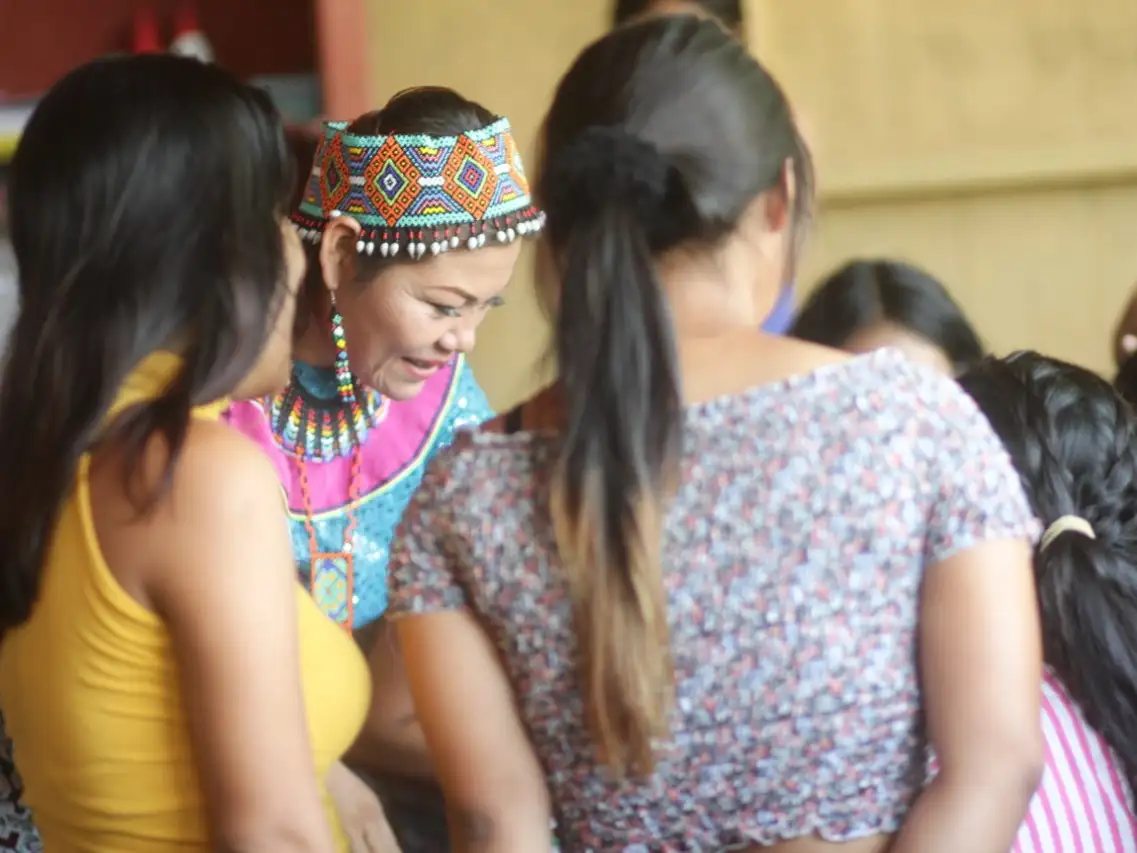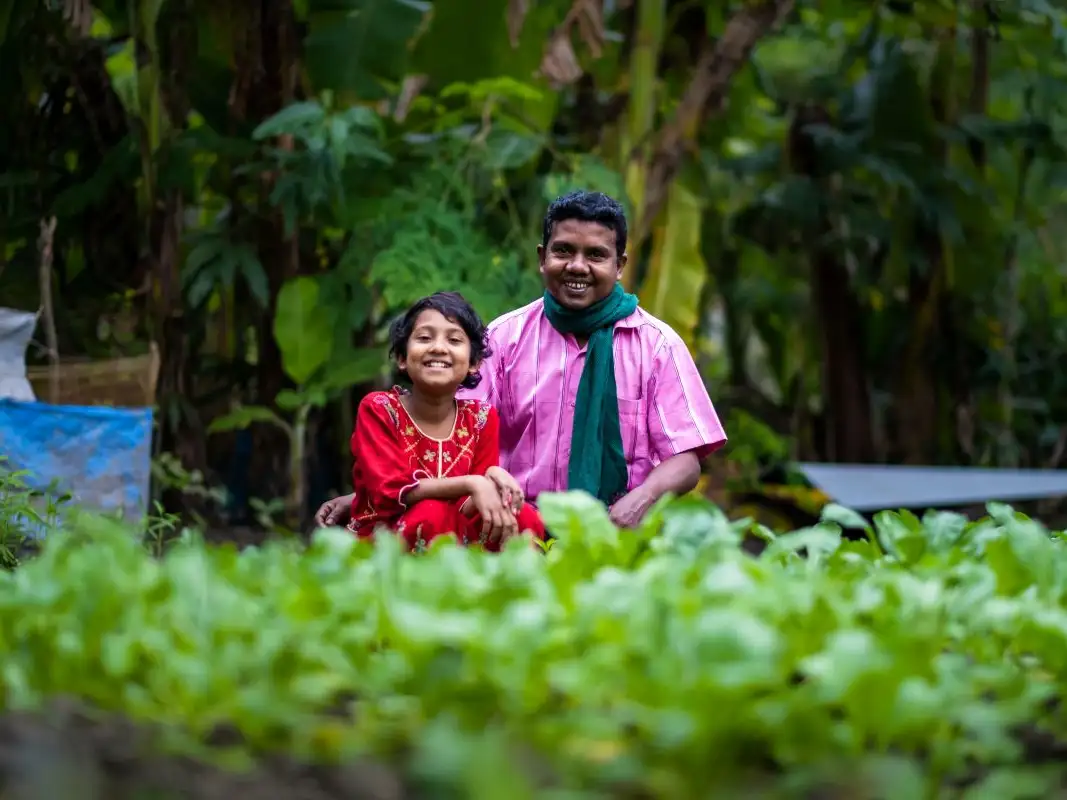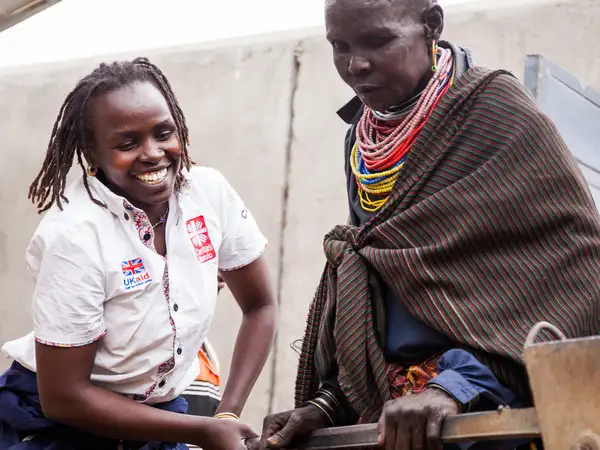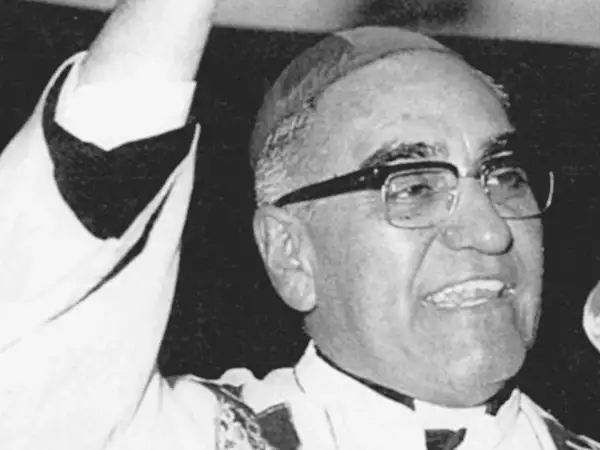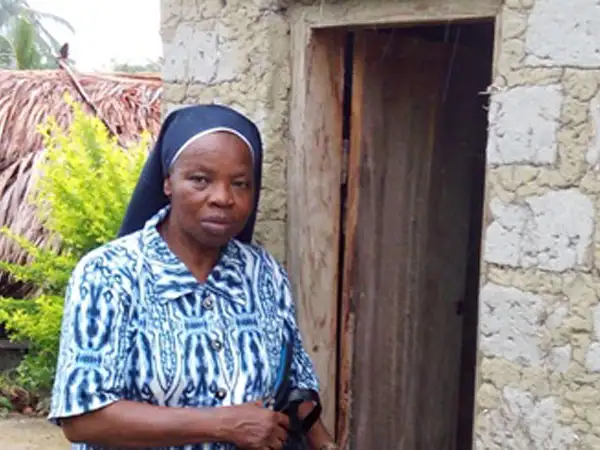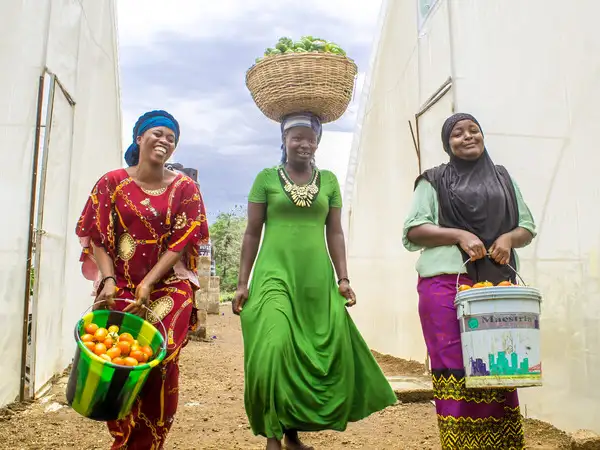

Young farmers in Sierra Leone with their harvest of tomatoes and peppers
Sierra Leone, located on the west coast of Africa, is a tropical country with a difficult history, which has affected the economy and communities living here.
Sadly, a civil war running from 1991 to 2002 devastated the country and displaced more than 2 million people – about a third of the population. Sierra Leone was also one of the countries hit hardest by the Ebola virus.
A better world needs all of us. That’s why CAFOD continues to work closely with local experts who have lived experience within the communities they serve. We focus on strengthening long-term solutions, such as supporting farmers to overcome challenges related to the climate crisis, and helping families recover from the impact of the recent civil war.
Our impact in 2024
In 2024 we reached 10,258 people in Sierra Leone, including:
700 families affected by floods in informal settlements in Freetown, who benefited from emergency cash assistance.
360 young people who took part in training on tolerance, peacebuilding and conflict management skills following the national elections.
520 farmers who accessed training and support on more sustainable agricultural techniques.
5,062 women and 1,743 men in rural communities who benefited from adult numeracy and literacy lessons.
Why CAFOD works in Sierra Leone
Despite its rich natural resources, economic growth is affected by complex factors such as lack of opportunities for young people, barriers to women and the effects of the climate crisis. Sierra Leone ranks 182 out of 189 countries on the UN Human Development Index (a measure that combines factors like life expectancy and education).
In addition to these challenges, the livelihoods of farmers and fishing families are harmed by the worst impacts of the climate crisis, with Sierra Leone among the 10 per cent of countries most vulnerable.
Together, we are building a better world. We are supporting communities in overcoming the complex barriers they face as we focus on working with women’s groups, agricultural communities and young people.
How we’re responding
Donations from people like you can directly support millions of people throughout Sierra Leone as they overcome poverty and injustice. With your help, teams of local experts can work through our trusted Church network to deliver vital aid where it is needed most.
Our partners in Sierra Leone are currently working on projects that are empowering women's rights, supporting future generations and responding to emergencies.
Current projects
Social norms around women in Sierra Leone can contribute to a power imbalance and create gender inequalities. Our local experts work with women to take more of an active role within their communities.
This includes strengthening women’s entrepreneurial skills, like business management, and enabling access to savings and loans groups. The long-term impact of these programmes is incredible, as mothers can learn skills to earn an independent living, to support their children’s futures.
Sierra Leone has a very young population with a median age of 19.1 years. Our partners’ programmes support local unemployed and underemployed young people.
One programme, Youth Economic Empowerment, successfully strengthens all aspects of agriculture, from growing vegetables to learning about new technologies for farming. Through these programmes, young people are learning new skills to increase their employability while growing local food for their communities.
In an emergency, it takes all of us to support vulnerable families. We work closely with local experts to provide cash assistance to communities in a crisis. This means families can choose for themselves what they need to use the funds for: buying food or materials to rebuild their homes, or replacing lost household items.
News from Sierra Leone
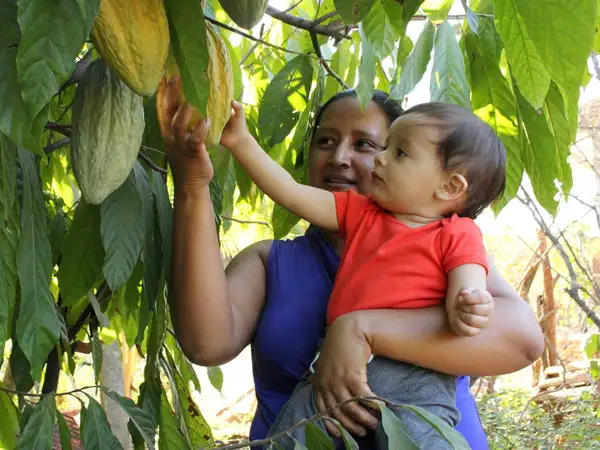
What we do
CAFOD is the official aid agency for the Catholic Church in England and Wales.
With your help, we reach out to people living in hard-to-reach places, in war zones and those who are discriminated against.


